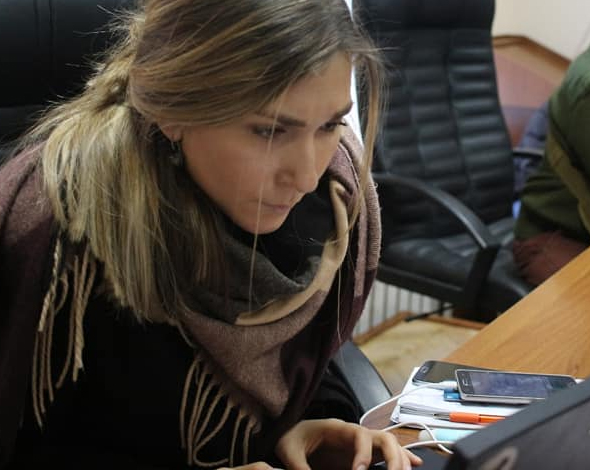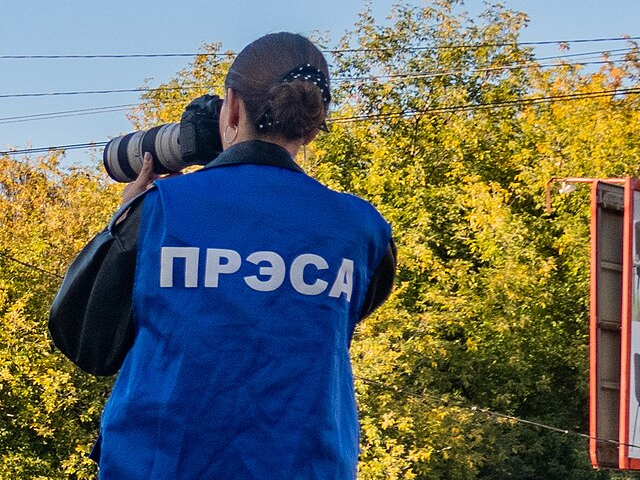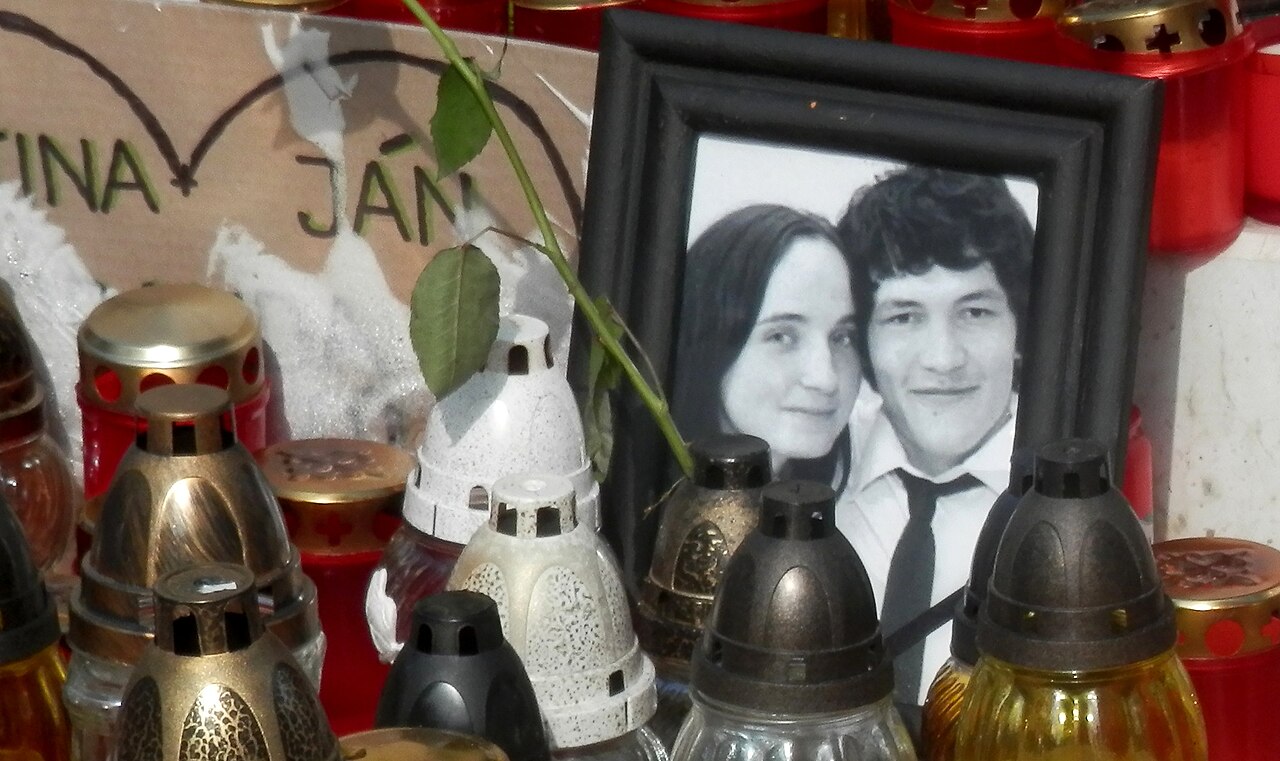Victoria Roshchyna had two strikes against her: she was Ukrainian and she was a journalist. Roshchyna frequently reported from Russian-occupied territories, which was and is incredibly dangerous work. In 2022, she was detained, which she wrote about for Index. A year later, she vanished once again. It took nine months for Russian authorities to confirm she was in custody, held without charge. As with much of Russia’s penal system, the details remain murky. But we know she was alive as recently as summer 2024, when she spoke to her father from custody and told him she was on hunger strike. Months later, she was dead.
In February, Moscow handed over the bodies of 757 Ukrainians to Kyiv. Roshchyna’s body was among them. This week the details of a forensic examination were revealed: they showed visible signs of torture. Several organs were missing too, which pathologists believe was a deliberate attempt to hide the cause of death. The leading theory is strangulation.
Saturday marked World Press Freedom Day. Index, alongside many others, raised the alarm about the state of global media freedom. Violations are mounting and too many journalists are paying the ultimate price simply for doing their jobs. Each of them deserves to be remembered as more than just a statistic. Victoria Roshchyna was one of them.
Known to those close to her as Vika, she was strong-willed and fearless, which comes across in her article for us. “I had no fear. I knew they were trying to break me,” she wrote defiantly when recounting the death threats she received during her first detention.
When Roshchyna later disappeared in Russian-occupied Melitopol, she was gathering evidence on the treatment of Ukrainians imprisoned by Russian forces. In honour of her tenacity, Forbidden Stories – an organisation committed to continuing the work of silenced reporters – picked up her investigation. The work the outlet has done is extraordinary, and it’s likely Roshchyna would be proud that her stories have not been buried.
Since she was committed to giving a voice to Ukrainian political prisoners, it feels only fitting that we highlight them too. According to the Ukrainian parliament’s commissioner for human rights, as of April 2024, 16,000 civilians have been disappeared. Included in that number are many who have spoken out against Russia, including Oleksandr Sizikov. A Crimean Tatar, last year Sizikov was forcibly transferred to a prison in Siberia. At the end of April, in a rare move, Russia’s prison service filed for his release, citing that he is blind and entirely dependent on assistance. If granted, it would mark an unusual flicker of compassion from a system known for its cruelty.
Such compassion was never afforded to Roshchyna. Instead, her name will forever be associated with both the best of journalism – utter dedication to exposing injustice and pursuing truth – and the worst of authoritarian cruelty from Vladimir Putin’s Russia.






